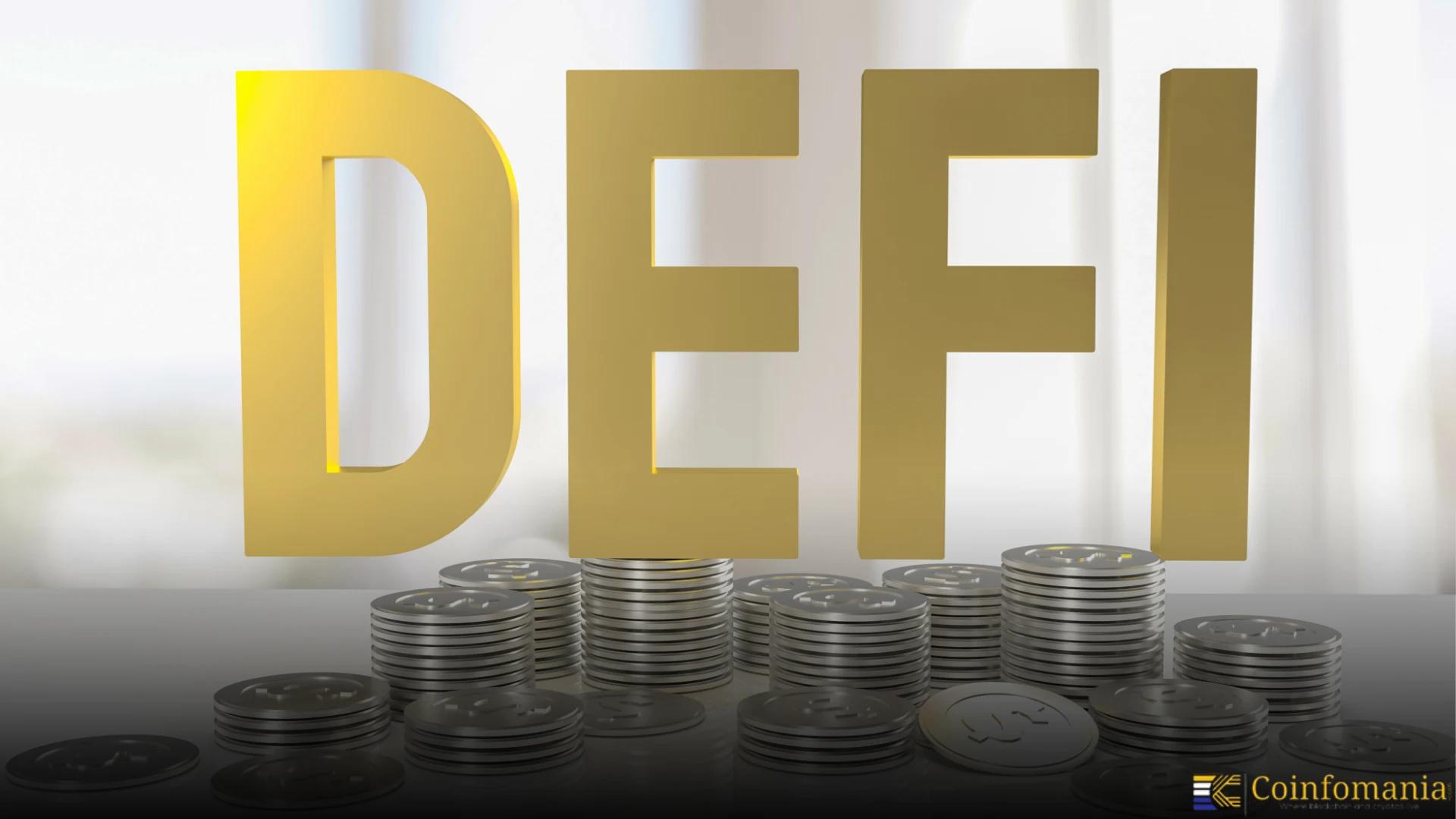Over 100 Crypto Firms Push Congress To Protect DeFi Developers
Over 100 crypto firms urge Congress to protect DeFi developers and ensure open source are not overregulated in the U.S.

Quick Take
Summary is AI generated, newsroom reviewed.
Over 100 crypto firms urge Congress to protect DeFi builders
Classifying developers as intermediaries could slow innovation and talent growth
Industry leaders stress the need for clarity and legal protection
Regulatory uncertainty risks driving U.S. startups and researchers abroad
Other regions adopt balanced frameworks while U.S. risks falling behind
Over 100 crypto firms have come together with one message for Congress: protect open source and non-custodial builders in the upcoming market structure bill. The coalition is large is with over 110 signatories. The group includes Ripple, Uniswap Labs, Coinbase, Kraken, a16z Crypto, and several advocacy organizations. In their letter, they make it clear: unless the bill explicitly protects blockchain DeFi developers and non-custodial service providers, the industry won’t back it.
Why Developers As Intermediaries Could Harm Innovation
The concern is simple. If open source DeFi developers or infrastructure teams are classified as financial intermediaries, they could be regulated like banks or brokers. That would slow down innovation and push talent abroad. The data already shows this trend. In 2021, the U.S. was home to about one in four open-source blockchain developers. By 2025, that share dropped to 18 percent under the same classification.
Leaders Call For Clarity And Protection
Several industry leaders argue that builders need clarity and protection, not liability. Gavin Zavatone from the DeFi Education Fund said DeFi developers risk being misclassified under securities and commodities laws. Miller Whitehouse-Levine compares public blockchains to roads or the internet. The neutral infrastructure shouldn’t make engineers responsible for misuse. Sandeep Nailwal highlighted that stablecoins actually strengthen U.S. influence by spreading monetary policy worldwide in real time.
High Stakes For U.S. Innovation And Market Growth
Regulatory uncertainty has already pushed researchers and startups toward other markets. Clear federal rules could cut compliance costs, prevent clashes with state laws, and give crypto firms a stable market framework. That’s why the coalition’s position carries weight. It’s the strongest push yet to shape how Congress writes the final bill.
Global Crypto Regulations Show The U.S. Is Lagging
Other regions are moving forward. The EU has MiCA, Singapore has carved out exemptions for technical providers, and Dubai has created federal-level oversight. Each framework attempts to balance innovation with guardrails. The U.S. risks falling behind if its rules are unclear or overly restrictive.
What can be seen out is that crypto firms are not asking for a free pass. They’re asking for recognition that open source and non-custodial DeFi developers are different from custodians or intermediaries. Without that distinction, America could lose its edge in blockchain development. Whether Congress listens will decide if the country continues leading or watches talent and capital flow elsewhere.
Follow us on Google News
Get the latest crypto insights and updates.


